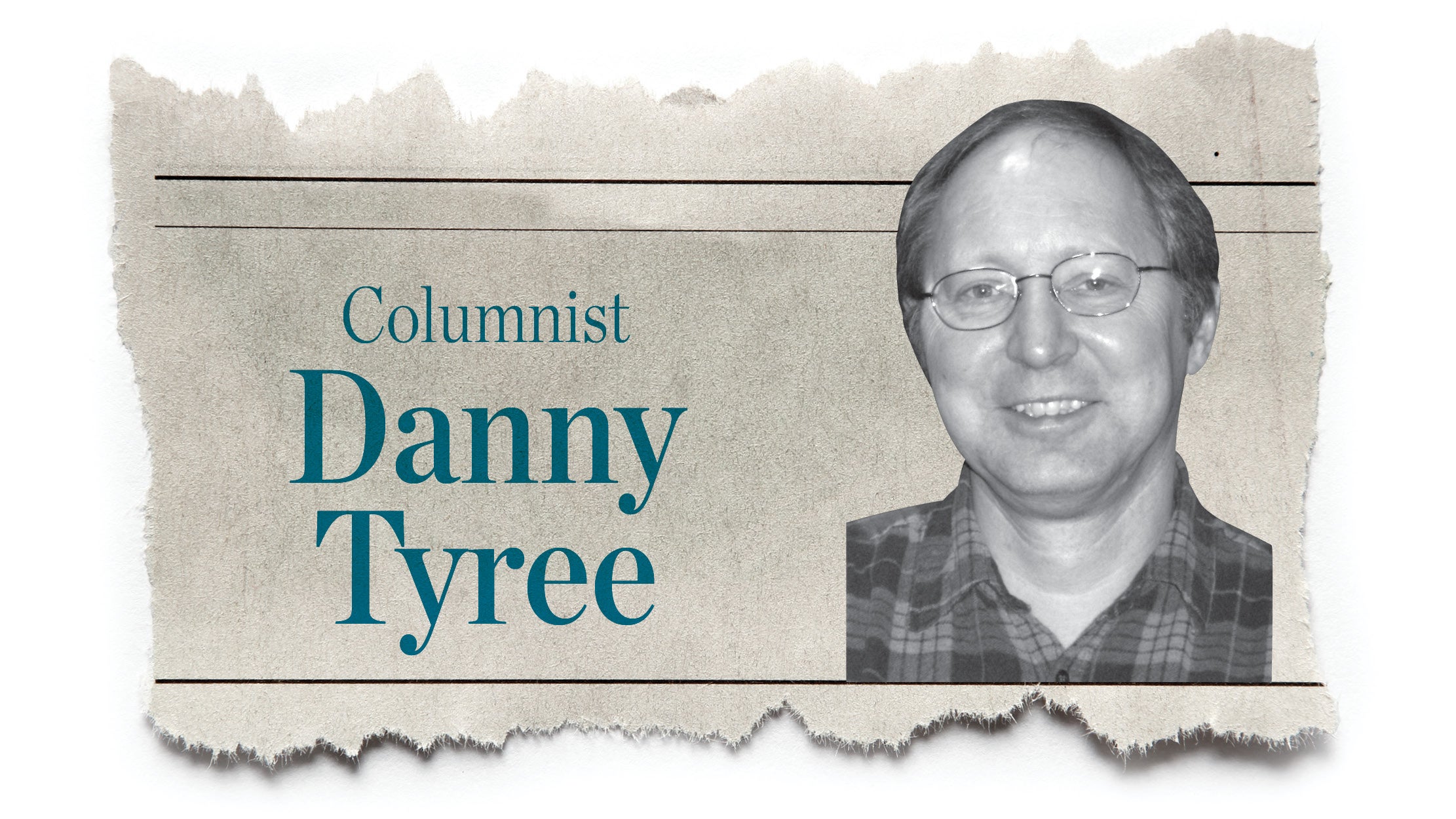Fewer voters not always good strategy
Published 11:47 am Friday, November 7, 2014
Republicans have had a very good midterm election, easily winning the Senate and adding House seats. The party deserves congratulations for its accomplishments, but what exactly are those accomplishments?
Several Republicans have declared that the 2014 elections are a repudiation of the policies of Barack Obama; others argue that voters want an effective Congress and believe Republican majorities, creating divided government, can best provide a path to accomplishment.
But perhaps before anointing Republicans for whatever claims might fall off the lips of the newly empowered we should consider exactly how the Republican Party achieved its victory.
One thing we know for certain, Republican beliefs that fewer voters at the polls result in more Republican victories (see voter restrictions enacted by many Republican legislatures) is true.
The 2014 Republican election win came with the lowest national percentage of voter turnout since at least 1980, with only 36.6 percent of voters casting ballots. In all, only 12 states had greater turnout than 2010. And, other than older white voters, every other category of voter experienced decreased percentages of voter turnout.
So we know that the clear Republican strategy of seeking fewer voters has a basis in fact and evidence in outcomes.
The strategy could not work though without being preceded by steps to offset the uncomfortable fact that all political polling finds Republicans in Congress less popular than Democrats and far less popular than the president. A new CBS poll finds 69 percent of Americans disapprove how Republicans are handling their jobs, compared with 60 percent critical of Democrats. The president’s popularity polls in the low 40’s.
The core Republican strategy is anchored by control of a television network entirely focused upon the destruction of President Obama and his policies, and supported by an AM radio dominance that projects the same theme.
The principle themes of Republican establishment media are that government cannot work, the selling of fear, and the generation of anger. Packaging fear and anger brings voters to the polls, a timeless approach to getting out the vote. And whether it is one case of American Ebola or yet another terrorist group about to attack U.S. soil in the form of ISIS, the media supported by Republicans has worked endlessly and effectively to create fear and anger.
It is not enough though to arouse your own voters for Republicans; you must also discourage other voters. And in that regard we see the first effective application of Citizens United “dark” campaign money.
The application is an endless barrage of offensive, dishonest campaign ads that repulse voters and remind them that government does not work and no matter who you elect nothing will change.
Fueled by a seemingly endless amount of unnamed conservative sources of cash, the ad campaigns helped drive away pesky voters who may have voted against Republicans. The end result was the lowest voter turnout in nearly 40 years.
Ultimately then, the Republican campaign was entirely policy free. The sole theme, its national campaign, was, “We are not Obama and Obama is to blame for everything.”
After all, the conservative media had pounded that theme for six years and only needed to motivate those already listening to vote.
For their part Democrats ran from economic recovery, the end of two wars, deficit reduction of two thirds and many other accomplishments by the Obama administration and Democrats in congress.
This incredible folly left Democrats with no claims for why they deserved re-election. The height of this foolish approach was the Kentucky Democratic senate candidate refusing to say that she obviously voted for Obama.
For Republicans, Democrats running from their accomplishments made attacking Democrats like shooting fish in a barrel.
Congratulations to Republicans for their talents, though seeking fewer voters may not, in the long run, be a strategy to share with the general public.
Jim Crawford is a retired educator and political enthusiast living here in the Tri-State.





